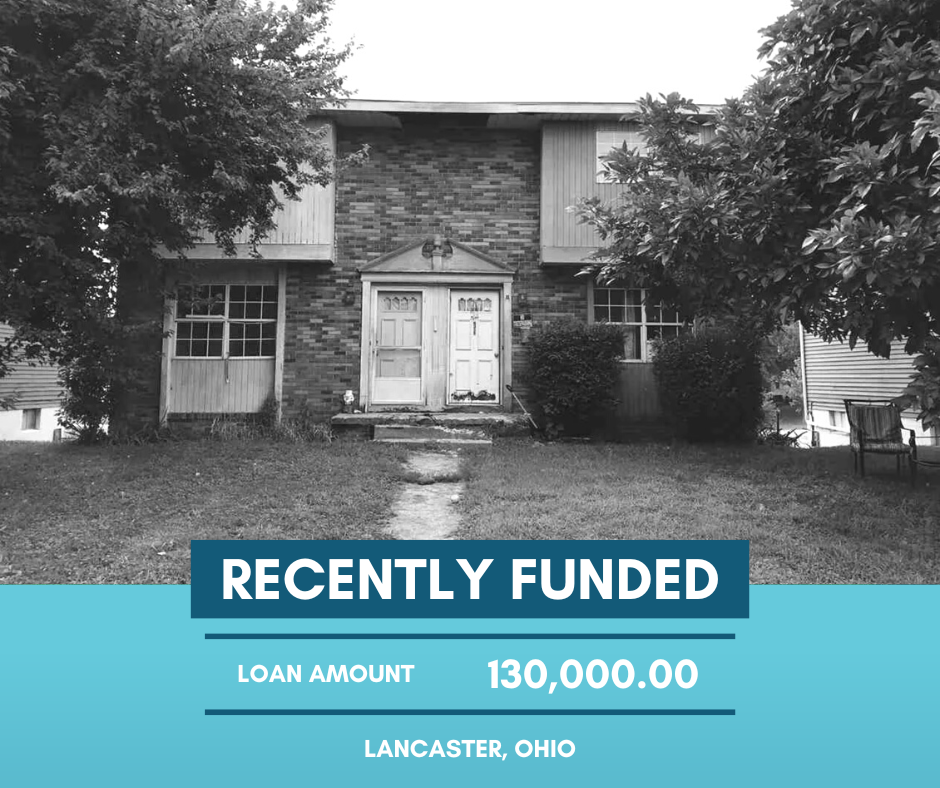Real estate investing is a capital-intensive business. The secret for most investors is either (1) deal flow or (2) capital structure, which enables them to take down more properties with less cash in the deal. Here’s how to get 100% financing on your next investment property.
If you search the internet, you’ll come across a number of lenders offering 100% financing, but there is almost one key factor that you must have in order to obtain it.
That factor is called Cross Collateral.
What is Cross Collateral?
Cross collateral is an asset (e.g. Investment Real Estate) that can be used as additional collateral to further secure a loan to another asset.
The definition can be tricky, so let’s walk through an example.
Let’s imagine you already own an investment property. Call it “Property A”. You own it free and clear of any liens or mortgages and its value is roughly $100,000.
You are looking to take down your next investment property. Let’s call that property “Property B”.
Property B is under contract (by you) for $200,000 but it is worth $240,000 as-is. Because you need to lease up and season the property prior to refinancing, you decide to use a private lender to fund the initial purchase of the property.
Most private lenders will require 20% down, which in this case is $40,000.00. But you can avoid that down payment.
Here’s how.
How Cross Collateralization Can Eliminate A Down Payment
Instead of coming up with the $40,000 down payment in the example above, you can instead secure the loan for Property B by pledging Property A as collateral for the loan as well.
This means that one promissory note would have a mortgage – or multiple mortgages depending on if the properties are in the same county – securing the note to both properties.
From the lender’s perspective, this works great because instead of loaning $160,000 ($200,000 purchase price – $40,000 down payment) on a $240,000 property (66% Loan to Value), they can achieve a lower loan to value by securing Property A to the loan.
By securing Property A to the loan, a lender should be more than comfortable funding the full purchase price of $200,000. This is because the combined value of the collateral totals $340,000, which lowers the loan to value to 59%.
Here’s how the math works:
Total Loan to Value (56%) = Total Loan Amount ($200K) / Total Value of Collateral ($240,000 + $100,000)
How We Helped A Client Buy An Investment Property with No Money Down
A prospective client reach out with a duplex they were looking to purchase in 2022 for $130,000. The property needed minor repairs which they intended to finance themselves. Both units were rented month to month for $800 (total of $1600).
Typically, we would require a down payment of 20% totaling $26,000, but they owned another investment property free and clear worth $300,000.
The client decided to cross-collateralize the properties and in exchange, we funded the full $130,000 purchase.
Because the investor has almost cash in the deal, they are going to perform a rate and term refinance in 6 months as opposed to a cash-out refinance in 12 months.
Once the duplex is refinanced, the other investment property will also be free and clear. This will allow them to repeat this process to acquire new properties with no money down over and over again.

Pros vs. Cons
When weighing the decision to use another investment property as collateral for your next private or hard money loan it helps to know what benefits you are getting relative to the risks you’re taking.
Pros of Cross Collateral:
- Can reduce or completely eliminate the down payment.
- Can significantly increase your cash-on-cash return
- Obtain more leverage with less cash out of pocket
- Cross collateral becomes free and clear once the other property is sold or refinanced
- The cross-collateralization process can be repeated over and over again
Cons of Cross Collateral:
- Pledging a property that is owned free and clear as collateral
- If either property needs to be sold or refinanced, the entire loan would become due
- Both properties will need an insurance policy for the lender up to the principal amount of the loan
- Extra legal fees and closing costs may apply
- Multiple appraisals or BPOs may need to be ordered
Is Cross Collateral Right for You?
Every investor carries a unique set of goals and criteria. We personally have seen this creative financing option best utilized by investors who are taking down a larger deal or are looking to sustainably grow their portfolio.
Whatever your goals are, your trusted private lending partners over at Sharper Capital would be more than happy to walk you through different cases, scenarios and your particular situation. Just reach out!

